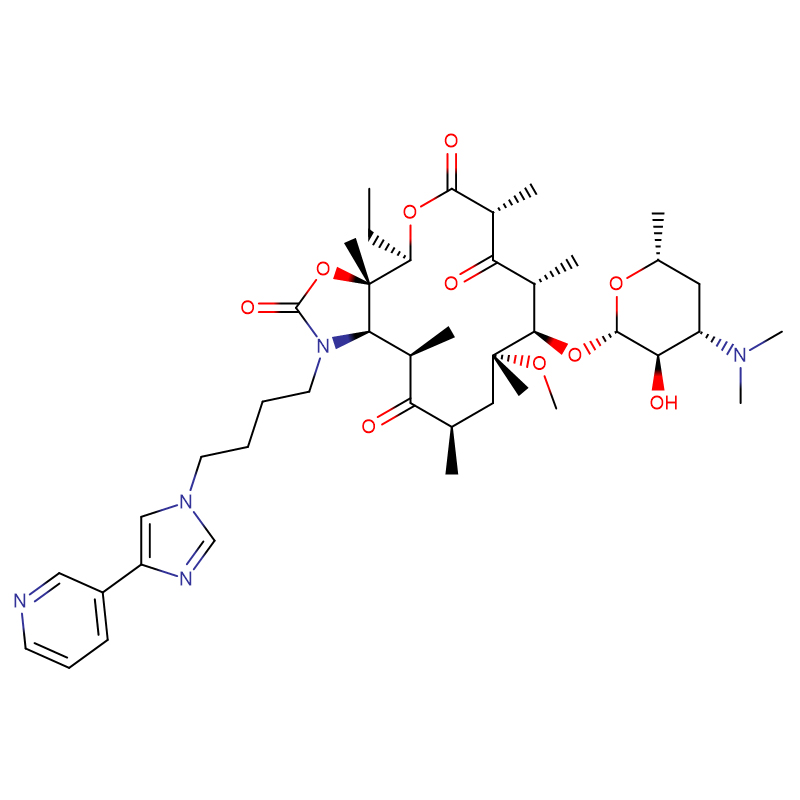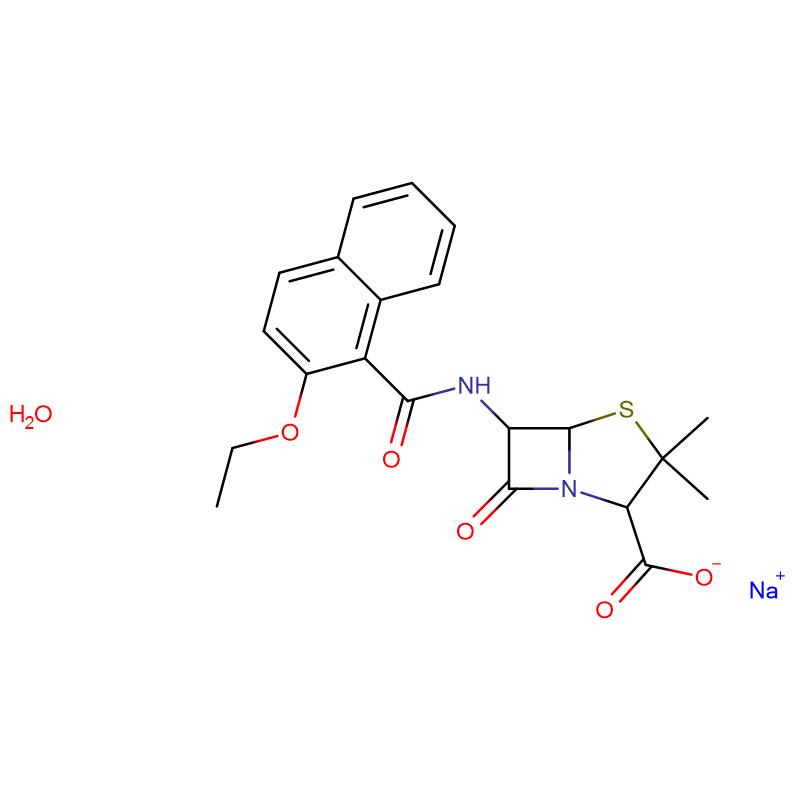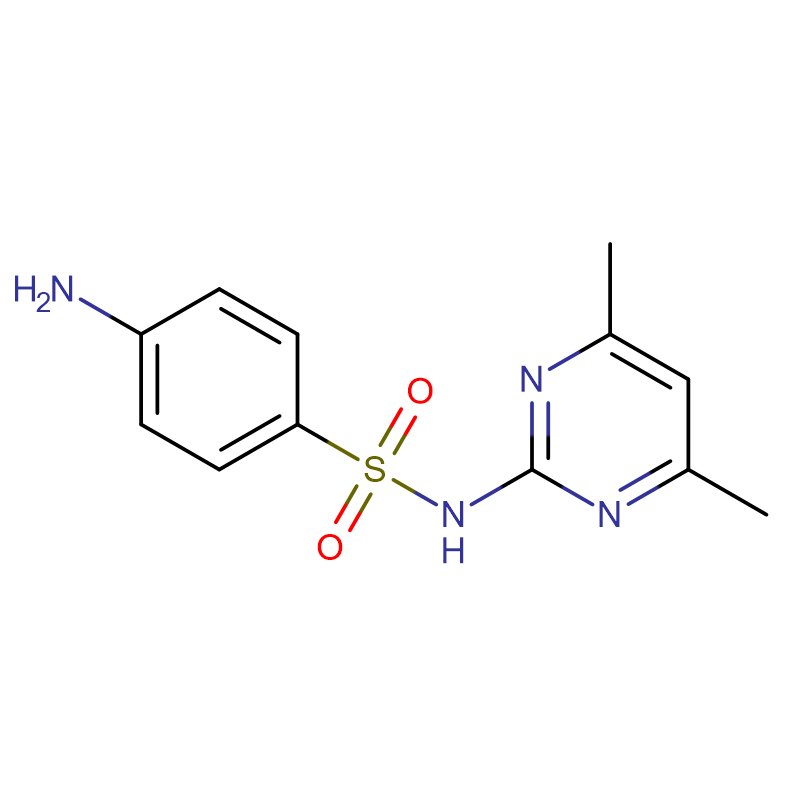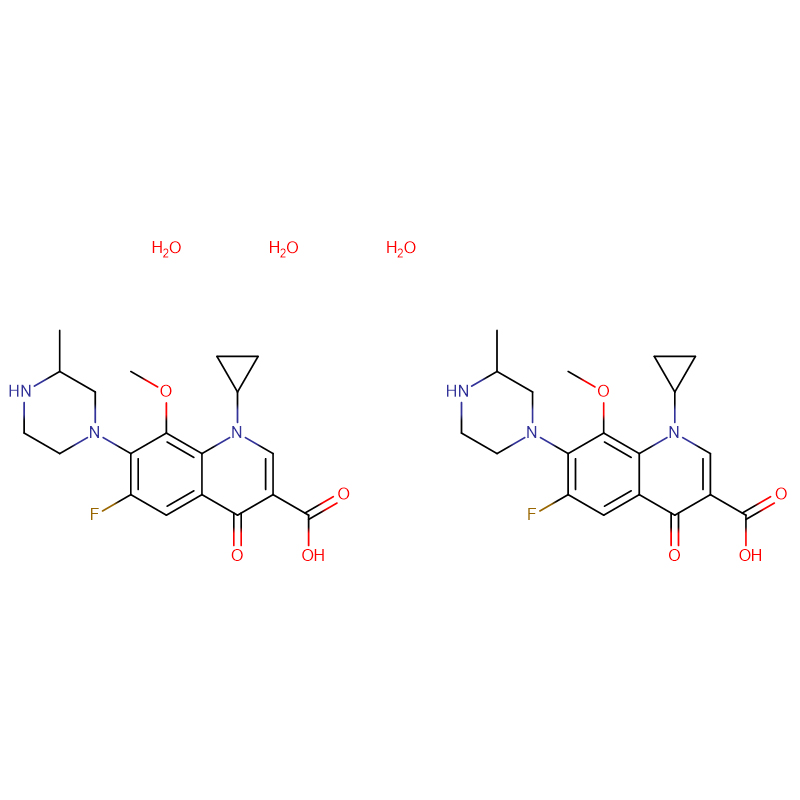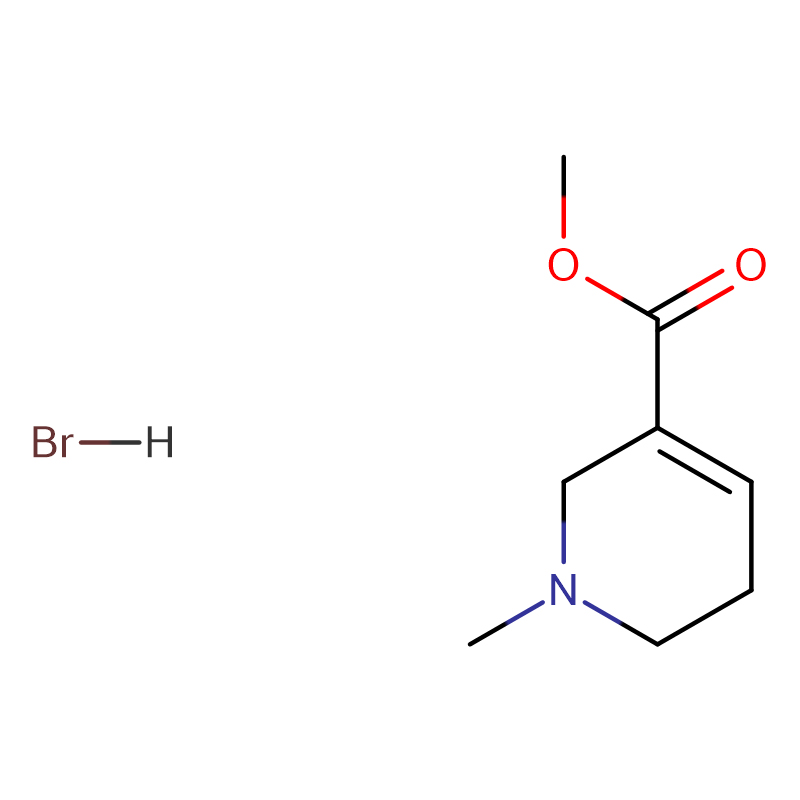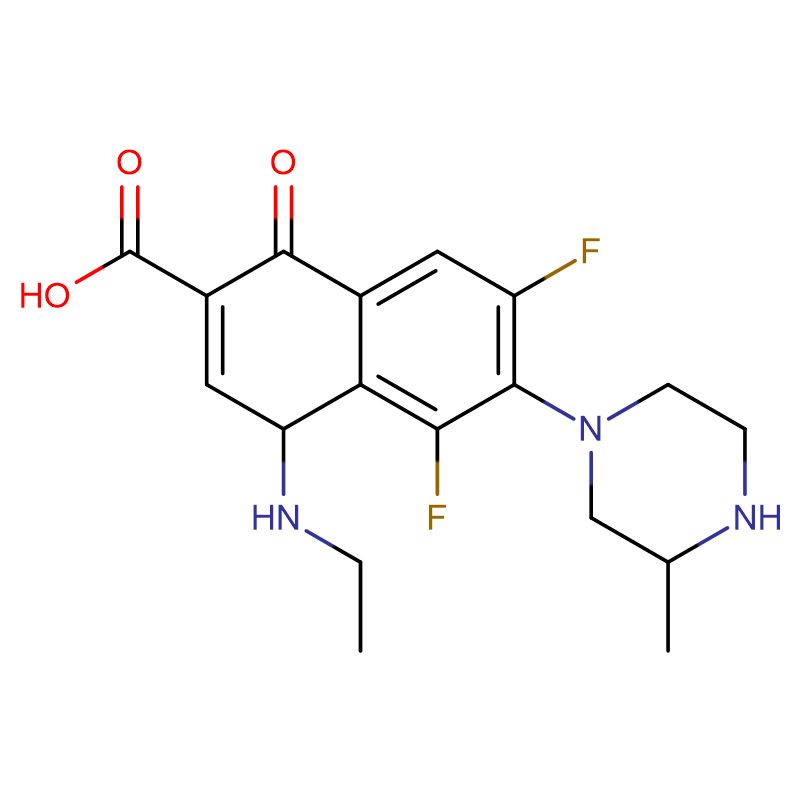Telithromycin Cas: 191114-48-4
| Catalog Number | XD92372 |
| Product Name | Telithromycin |
| CAS | 191114-48-4 |
| Molecular Formula | C43H65N5O10 |
| Molecular Weight | 812.00 |
| Storage Details | 2 to 8 °C |
| Harmonized Tariff Code | 29419000 |
Product Specification
| Appearance | Off white to white crystalline powder |
| Assay | 99% min |
| Water | 1.0% max |
| Heavy metals | 20ppm max |
| Residue on Ignition | 0.2% max |
Telithromycin was first launched in Germany as a once-daily oral treatment for respiratory infections including community-acquired pneumonia, acute bacterial exacerbations of chronic bronchitis, acute sinusitis and tonsillitis/pharyngitis. This semisynthetic derivative of the natural macrolide erythromycin is the first marketed ketolide, a new class of antibiotics featuring a C3-ketone instead of the L-cladinose group. The 14-membered ring antibacterial agent prevents bacterial protein synthesis by binding to two domains of the 50S subunit of bacterial ribosomes. It shows potent in vitro activity against common respiratory pathogens including Streptococcus pneumoniae, Haemophilus influenzae, Moraxella catarrhalis and Streptococcus pyogenes as well as other atypical pathogens. The 3-keto group confers increased acidic stability and reduced induction of macrolide-lincosamide-streptogramin B resistance that is frequently observed with macrolides. The substituted C11-C12 carbamate residue appears not only to increase affinity for the ribosomal binding site but also to stabilize the compound against esterase hydrolysis and avoid resistance due to elimination of macrolides from the cell by an efflux pump encoded by the mef gene in certain pathogens. Telithromycin is both a competitive inhibitor and a substrate of CYP3A4. However, unlike several macrolides such as troleandomycin, it does not form a stable inhibitory CYP P-450 Fe2+-nitrosoalkane metabolite complex which is potentially hepatotoxic. The drug is well tolerated and well distributed into pulmonary tissues, bronchial secretions, tonsils and saliva. It turns out to be highly concentrated in azurophil granules of polymorphonuclear neutrophils thereby facilitating its delivery to the phagocytosed bacteria.


